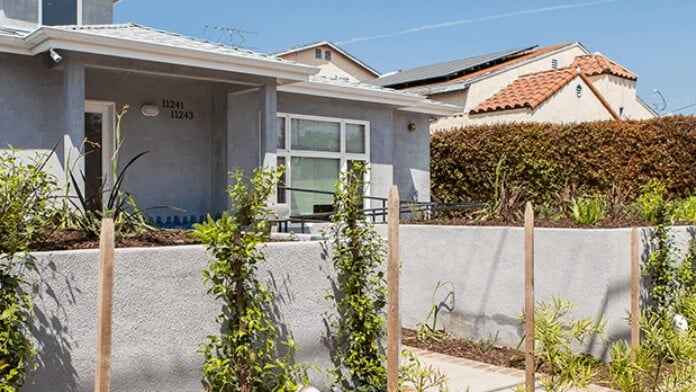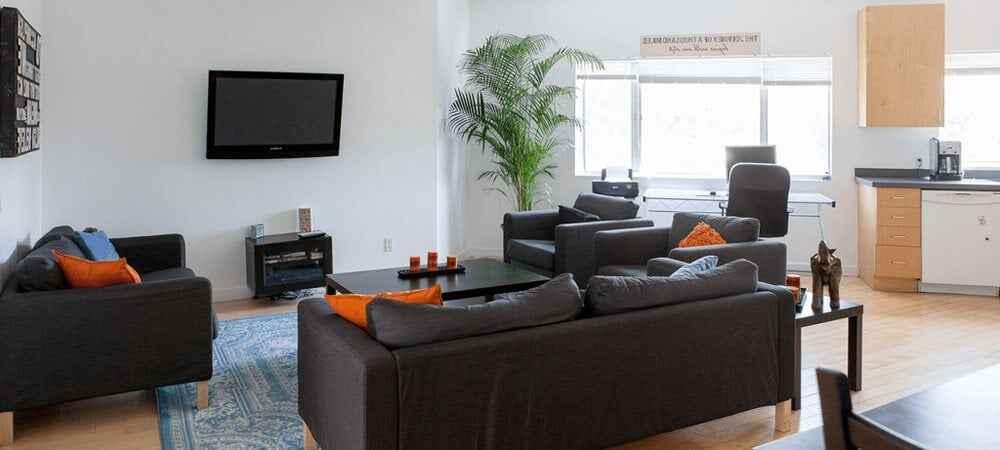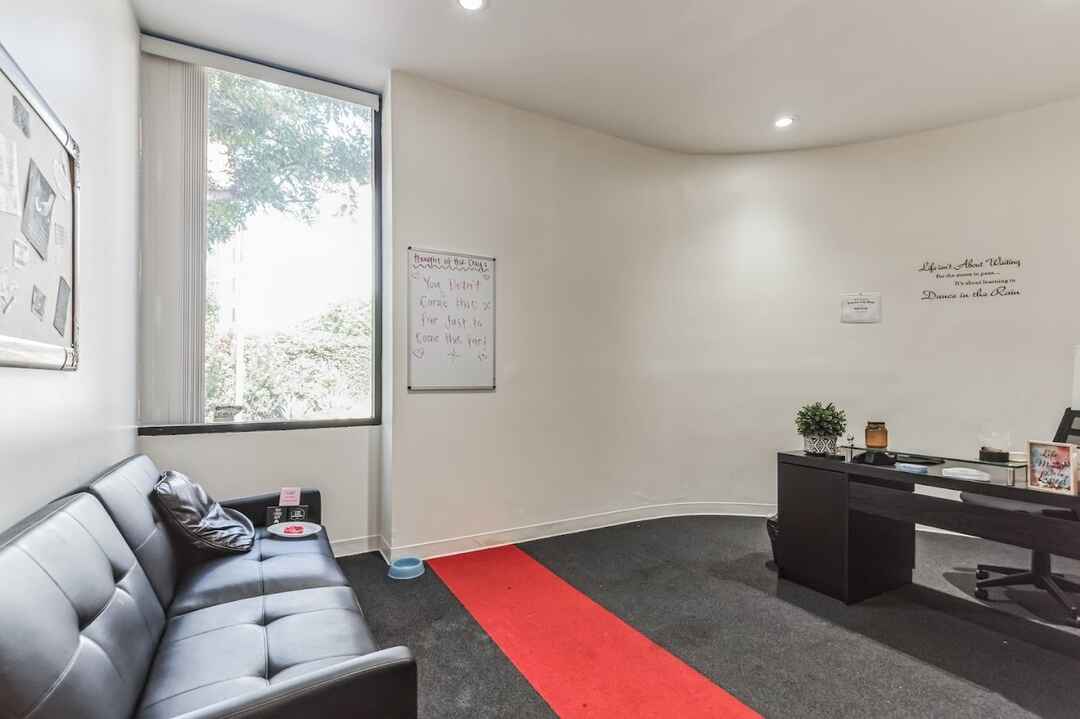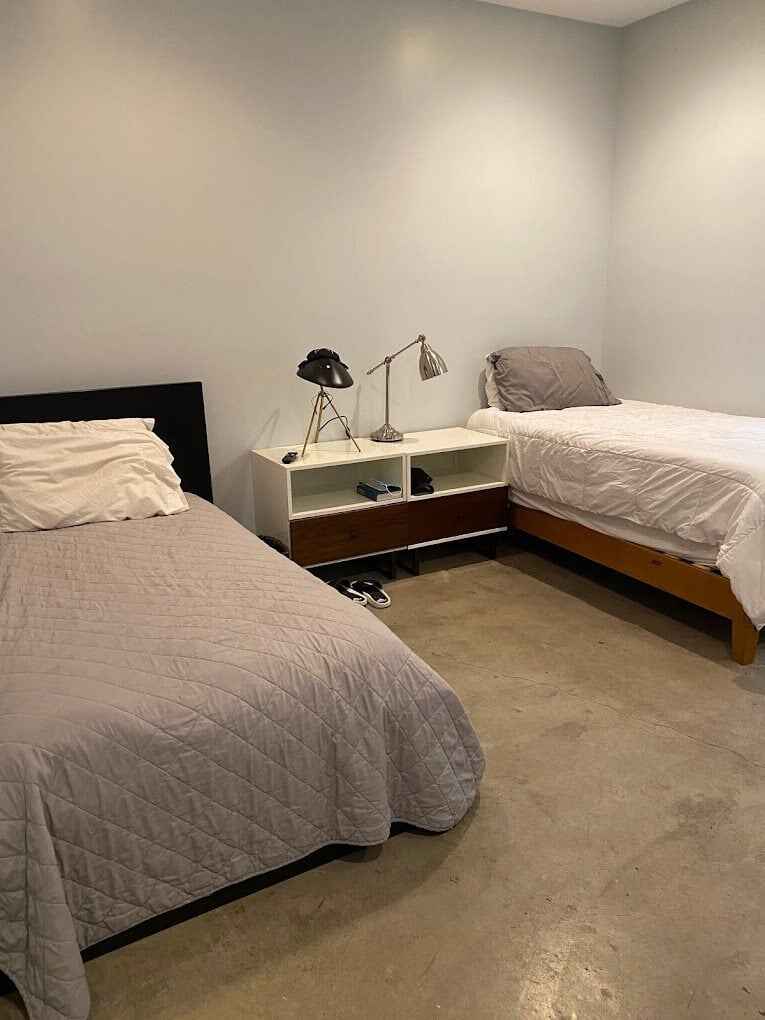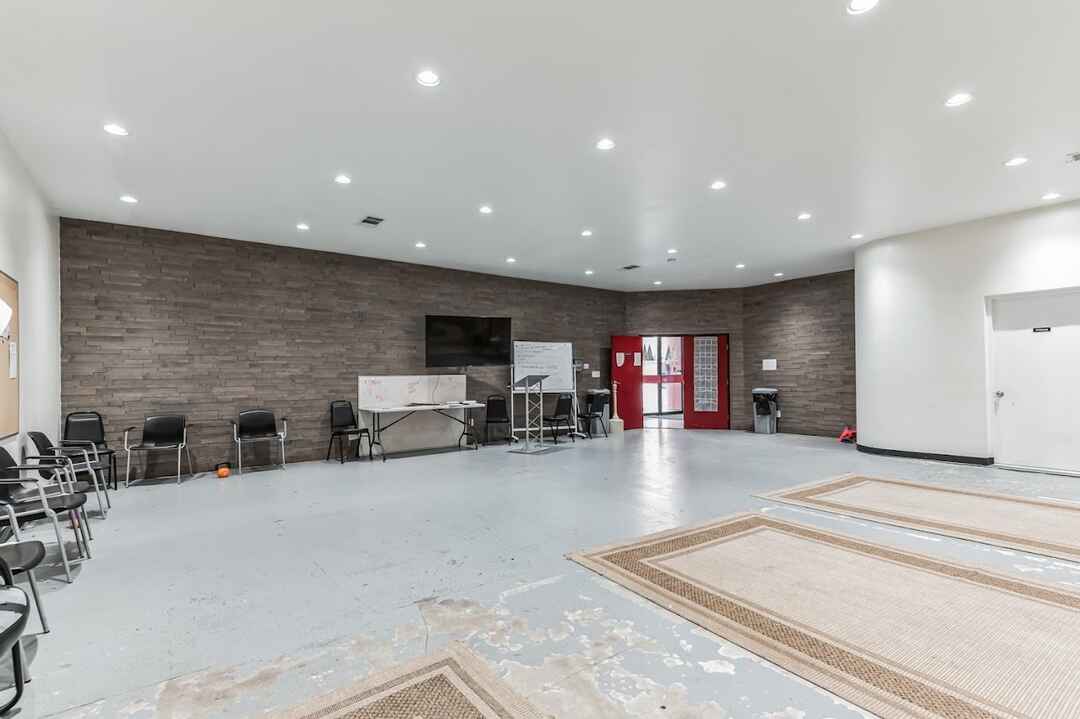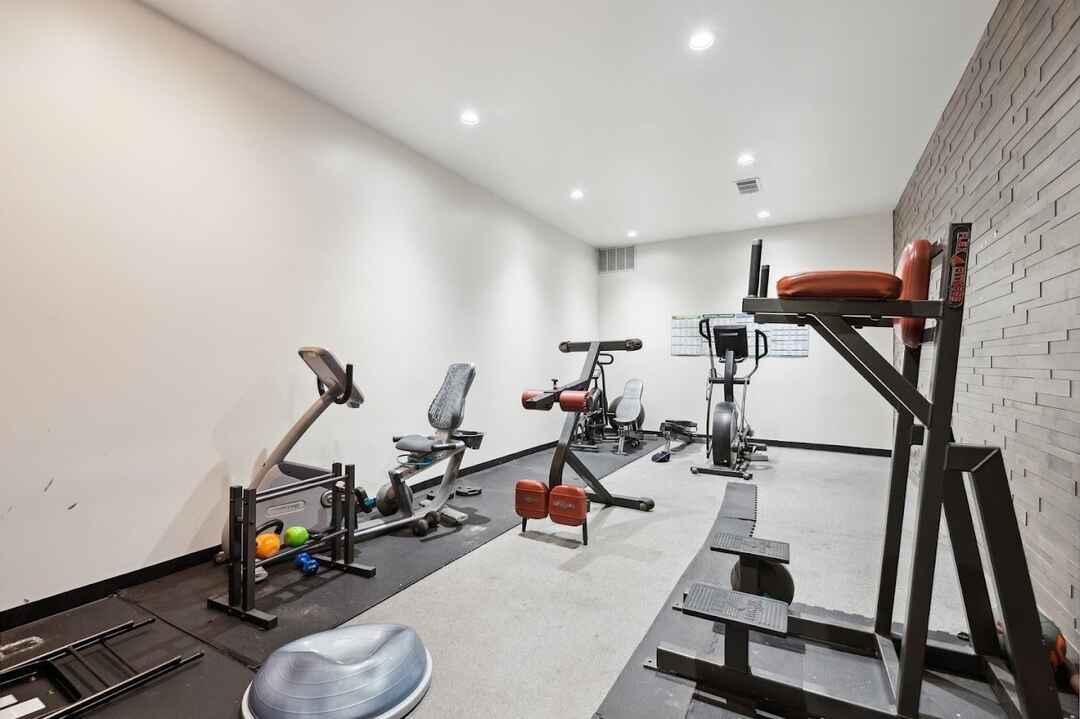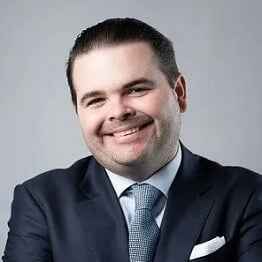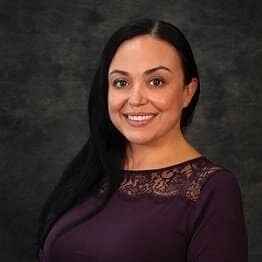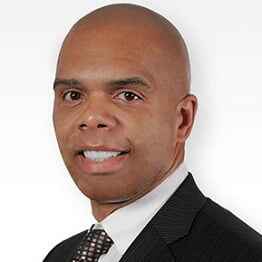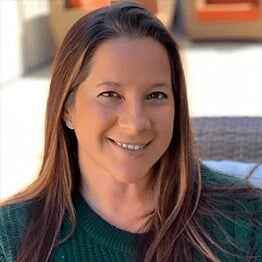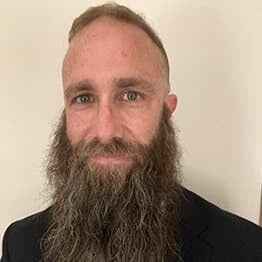About Muse Treatment – Los Angeles
Muse Treatment offers residential addiction and mental health treatment for individuals in Los Angeles, California. They also provide valuable community resources, including referrals, sober living, and family support services.
Muse Treatment’s begins with a mental health assessment to screen for symptoms of addiction or co-occurring mental health disorders. Other services include the following:
Adults attend individual and group treatment sessions for improved coping skills, peer support, and recovery support. Sessions are held 3-4 days a week.
Residents are safely and comfortably detoxed from substances, after which they are referred to an inpatient rehab or outpatient treatment program.
The inpatient programs at Muse Treatment use evidence-based practices to treat substance abuse and co-occurring mental health conditions for adults ages 18 and up.
Sober living is a structured recovery residence for adults (18+) in early recovery. Residents are required to attend regular recovery meetings, comply with house rules, and secure employment.
Medication-assisted treatment (MAT) is appropriate for substance use disorders and combines counseling and medication management in an outpatient setting.
Muse Treatment accepts Aetna, Humana One, Value Options, MultiPlan, Anthem BCBS, and private pay. You’ll want to check with your provider to verify specific coverage details, including your out-of-network benefits.
